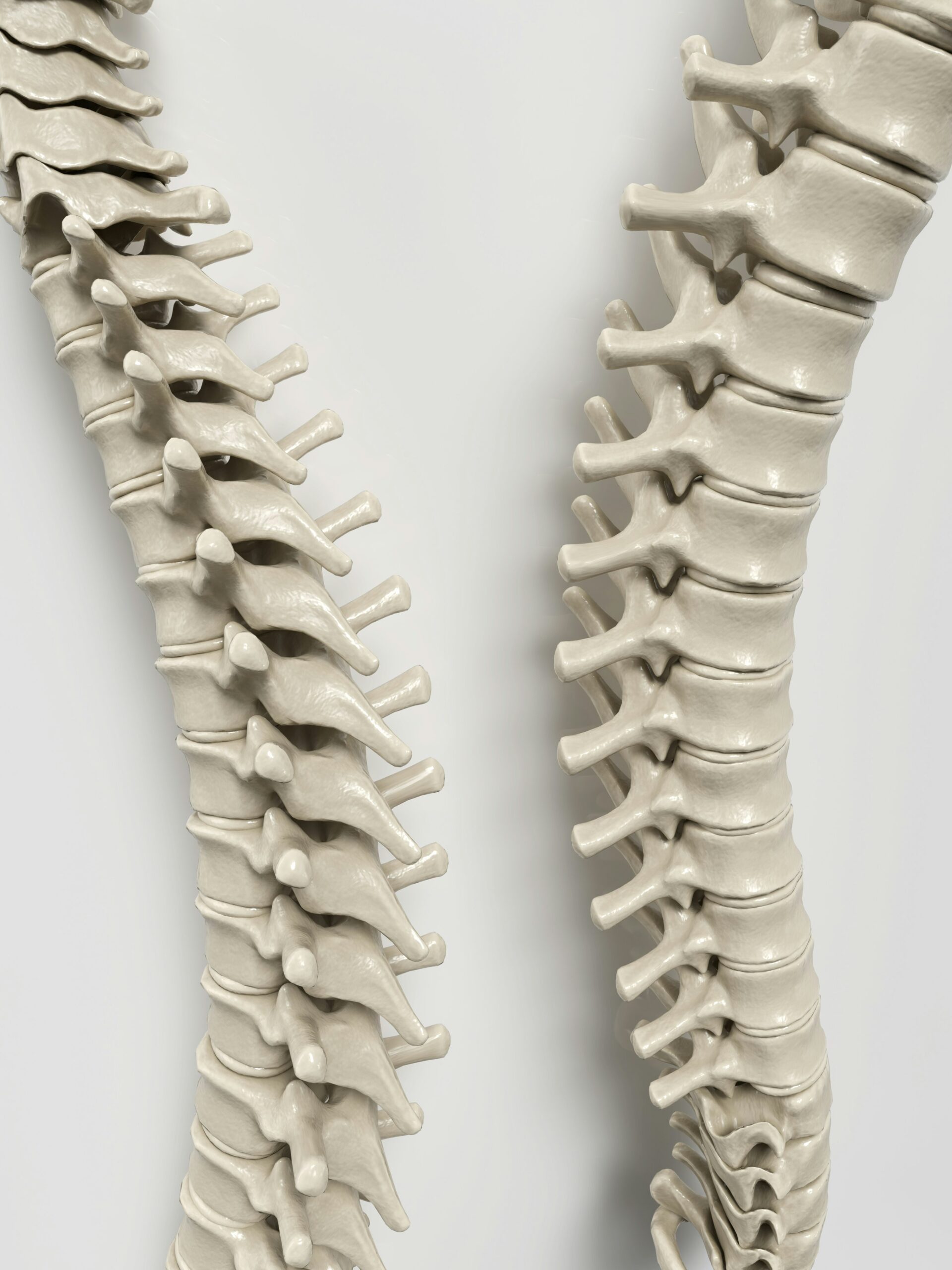
Our spine is the backbone of our daily lives, supporting movement, posture, and even protecting the delicate spinal cord. While occasional stiffness or soreness is common, persistent or severe spine issues can indicate a deeper problem that requires professional care. Recognizing the warning signs early can prevent serious complications and improve overall quality of life. Here’s what to watch for when your spine might need medical attention.
Persistent Back Pain
While occasional back pain can result from poor posture, strenuous activity, or sleeping awkwardly, persistent pain lasting more than a few weeks should not be ignored. Chronic back pain can signify conditions such as herniated discs, spinal stenosis, or degenerative disc disease. Medical evaluation can identify the underlying cause and help prevent the progression of these issues.
Ignoring persistent pain can lead to long-term consequences. The spine’s complex structure includes vertebrae, discs, ligaments, and nerves, any of which can be affected by untreated conditions. Timely intervention often includes imaging studies like MRIs or X-rays, allowing healthcare providers to recommend treatments ranging from physical therapy to minimally invasive procedures.
Numbness or Tingling
Experiencing numbness, tingling, or a “pins and needles” sensation in your arms, hands, legs, or feet can indicate nerve compression. This often results from conditions such as herniated discs or spinal stenosis. The nerves in the spinal column are crucial for sensation and movement, and pressure on these nerves can lead to long-term dysfunction if not addressed promptly.
These symptoms may start mildly but can worsen over time. In some cases, patients report difficulty walking, gripping objects, or maintaining balance. Seeking medical attention early can help prevent permanent nerve damage. Treatments can range from physical therapy to surgical intervention, depending on the severity and underlying cause.
Weakness or Loss of Function
Sudden or gradual weakness in the limbs is a red flag. Weakness can occur if the spinal cord or its nerves are compressed or injured. Difficulty lifting objects, climbing stairs, or maintaining balance can all be signs that spinal function is affected.
Loss of function is especially concerning because it may indicate a more severe condition, such as a spinal tumor, severe disc herniation, or spinal cord injury. Prompt evaluation by a medical professional is crucial. Diagnostic tests such as MRIs or nerve conduction studies can help determine the exact cause and guide treatment options.
Changes in Bladder or Bowel Function
Changes in bladder or bowel habits, such as incontinence or difficulty controlling urination, can be a serious warning sign. These symptoms may result from compression of the spinal cord in the lower back, known as cauda equina syndrome, which is a medical emergency.
Early recognition and treatment are critical to prevent permanent nerve damage and restore function. If these symptoms occur alongside back pain, numbness, or weakness in the legs, immediate medical attention is essential. Surgery or other urgent interventions may be required to alleviate pressure on the spinal nerves.
Severe or Unexplained Pain
Severe, localized, or unexplained pain warrants immediate attention. Unlike general soreness, severe spinal pain that persists at rest or worsens at night could indicate an infection, tumor, or fracture. Such conditions often require urgent medical care to prevent permanent damage.
Additionally, pain radiating from the back to other areas, such as the legs or chest, may indicate nerve involvement or other systemic issues. Consulting a healthcare provider ensures that the cause is accurately diagnosed and treated before complications arise.
Spinal Deformity or Postural Changes
Noticeable changes in posture, such as uneven shoulders, a hunched back, or a visible spinal curve, can signal underlying spinal issues. Conditions like scoliosis, kyphosis, or vertebral fractures can progressively worsen if left untreated.
Monitoring posture and seeking evaluation for visible deformities can prevent further complications. Early intervention can include bracing, physical therapy, or surgical options, depending on the severity and cause of the deformity. Regular check-ups are essential for children and adolescents, as spinal curvature can progress rapidly during growth periods.
Unexplained Weight Loss or Fever
While these symptoms might seem unrelated, unexplained weight loss, fever, or night sweats alongside back pain can indicate an infection or malignancy affecting the spine. Infections such as osteomyelitis or spinal tumors require immediate medical attention to prevent systemic complications.
Healthcare providers typically perform blood tests, imaging studies, and, if needed, biopsies to determine the cause. Early detection and treatment increase the chances of a full recovery and reduce the risk of long-term spinal damage.
When to Seek Immediate Help
Some spinal issues require urgent intervention. Severe trauma, such as a fall or car accident, can cause fractures or spinal cord injury. If you experience sudden paralysis, severe pain, or loss of sensation after an accident, it’s critical to seek emergency care immediately.
Even if trauma is not involved, worsening symptoms like rapidly progressing weakness, inability to walk, or loss of bladder and bowel control require immediate evaluation. Acting quickly in these situations can be the difference between full recovery and permanent impairment.
Preventive Measures for Spine Health
Maintaining spine health can reduce the likelihood of severe problems. Regular exercise, core strengthening, proper posture, and ergonomic work environments all contribute to spinal integrity. Lifting objects correctly, avoiding prolonged sitting, and managing body weight also help prevent unnecessary stress on the spine.
Routine check-ups and early evaluation of symptoms are equally important. Even mild discomfort or stiffness should not be ignored if it persists. Consulting a healthcare professional early can prevent minor issues from becoming major medical concerns.
Your spine is central to your mobility, stability, and overall health. Recognizing warning signs such as persistent pain, numbness, weakness, postural changes, or changes in bladder and bowel function can be life-changing. Early detection and treatment are crucial to prevent long-term complications and maintain a high quality of life. Don’t ignore the signals your body sends—prompt attention from a healthcare professional can keep your spine healthy for years to come.